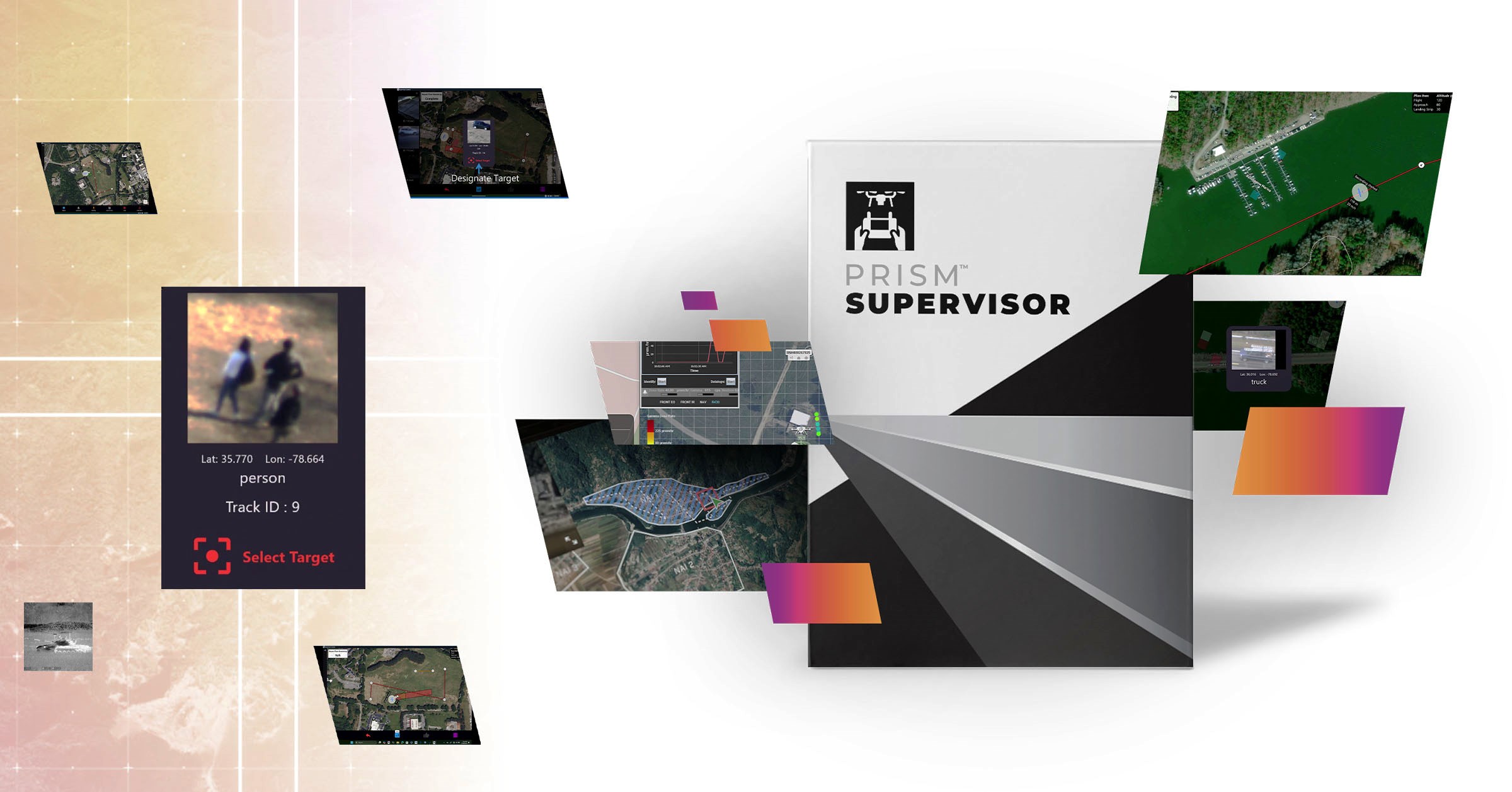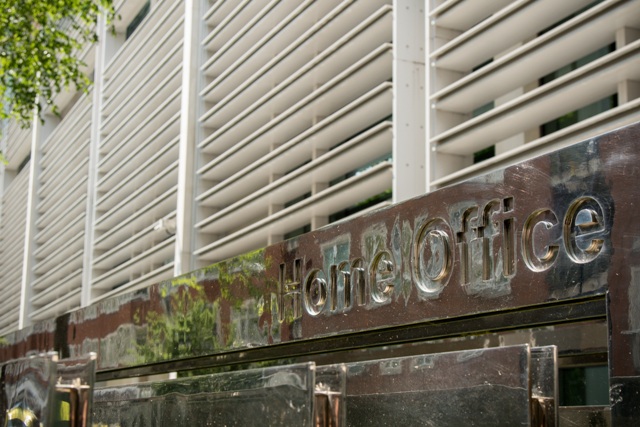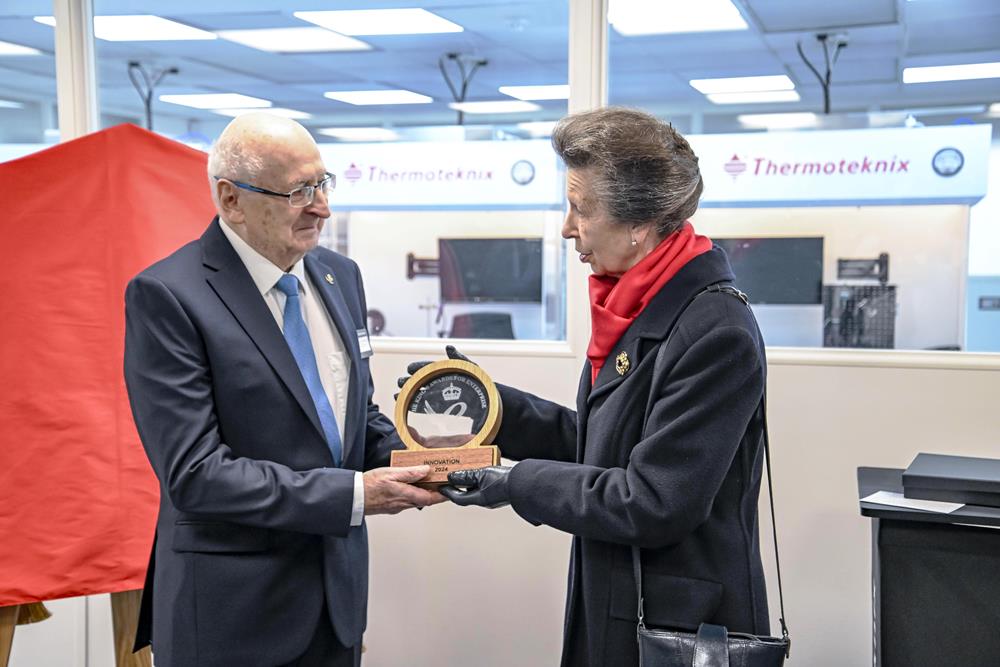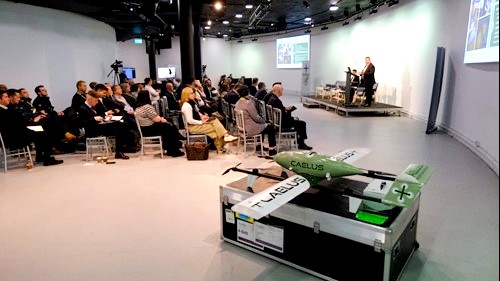UK PM unveils investment to boost border security
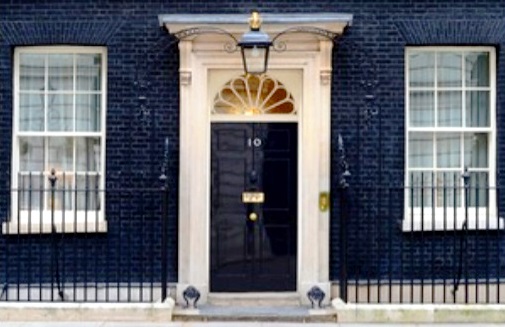
Image courtesy gov.uk.
Marking the first time the INTERPOL General Assembly has been hosted in the UK in over 50 years, Keir Starmer will today open the Assembly in Glasgow by setting out his personal mission to smash the people smuggling gangs by resetting the UK’s whole approach to this challenge and intensifying international collaboration to meet the global scale of the threat.
The General Assembly is INTERPOL’s supreme governing body and comprises senior ministerial and policing leads from the organisation’s 196 member states.
In his speech, the Prime Minister will set out his plans to draw on his experience of bringing together agencies to tackle international terrorist and drug smuggling gangs during his time as Director of Public Prosecutions to dismantle the people smuggling gangs who drive illegal migration, profit from human misery and represent a serious threat to global security.
He will also set out how the £150 million will provide additional specialist investigators and state of the art surveillance equipment to ensure those behind this criminal activity are stopped and brought to justice.
This major funding boost for the government’s new Border Security Command will initially be directed towards a range of enforcement and intelligence activity, including:
- Investing heavily in NCA technology and capabilities, delivering advanced data exploitation and improvements to technologies to boost collaboration with European partners to investigate and break people smuggling networks.
- 300 staff for the new Border Security Command, who will strengthen global partnerships, deliver new legislation and lead the system through investment and strategy.
- 100 specialist investigators and intelligence officers for the NCA, dedicated to tackling criminals who facilitate people smuggling.
- Creating a new specialist OIC Intelligence Source Unit which will cohere intelligence flows from key police forces.
- Boosting the Crown Prosecution Service’s ability to deliver charging decisions more quickly on international organised crime cases.
The Border Security Command, led by Martin Hewitt CBE QPM, will be provided with enhanced powers – through a new Border Security, Asylum and Immigration Bill - to tackle organised immigration crime whilst providing for strong and effective border security.
New measures will make it easier to detect, disrupt and deter those seeking to engage in and benefit from organised immigration crime. The Command will also coordinate the work of intelligence agencies and law enforcement, who lead joint investigations with European counterparts to ensure we can bring those responsible to justice.
Prime Minister Sir Keir Starmer is expected to say: “The world needs to wake up to the severity of this challenge. I was elected to deliver security for the British people. And strong borders are a part of that. But security doesn’t stop at our borders.
“There’s nothing progressive about turning a blind eye as men, women and children die in the Channel.
“This is a vile trade that must be stamped out – wherever it thrives. So we’re taking our approach to counter-terrorism - which we know works, and applying it to the gangs, with our new Border Security Command.
“We’re ending the fragmentation between policing, Border Force and our intelligence agencies.”
Home Secretary Yvette Cooper said: “Criminal smuggler gangs profit from undermining our border security and putting lives at risk and they have been getting away with it for far too long.
“Our new Border Security Command, with the investment set out today, will mean a huge step change in the way we target these criminal gangs. People smugglers and traffickers operate in networks across borders, that’s why we have launched a major boost to our cooperation with international partners including other European countries, the G7 and Europol, and why we are so pleased to be hosting the INTERPOL conference on tackling international crime in Glasgow today.”
The Prime Minister will also announce that the UK Government has increased its in-year support for INTERPOL’s global operations through a £6 million investment which harnesses the organisation’s unique capabilities to tackle serious organised crime affecting the UK.
Addressing the General Assembly, the Prime Minister will say that closer cooperation with international partners is key as he details how the gangs’ operations span from the money markets in Kabul through to the Kurdish region of Iraq and right across Europe and into the UK.
He will stress the government’s ongoing commitment to strengthening security agreements to facilitate greater sharing of intelligence and more joint operational work, in particular through Europol.
The Home Office will also invest £24 million in the new financial year to tackle international serious organised crime affecting the UK including drugs and firearms, fraud, trafficking and exploitation. Funds will in part be used to bolster work done by special prosecutors and operational partners in the Western Balkans.
There were more than 5,000 drug related deaths in 2023, with most of the illegal drugs causing these coming from overseas or facilitated by transnational gangs. ISOC funding will also be used to tackle drug smuggling upstream and at the UK border, building on recent successes, such as the effective collaboration with the US and Ecuador, which has resulted in the seizure of 19 tonnes of cocaine.
National Crime Agency (NCA) Director General Graeme Biggar said: “Serious and organised crime causes more harm, to more people, more often than any other national security threat. And almost all of serious and organised crime now has an international nexus. Distance, borders and languages are meaningless to criminals. This is why collaborations with INTERPOL have never been as important as they are today.
“Tackling organised crime, and especially immigration crime, remains a top priority for the NCA. We are currently leading around 70 investigations into the gangs or individuals involved in the highest echelons of this type of criminality, and we are devoting more resources to it than ever before.
“We have built up our intelligence sharing effort with law enforcement partners across Europe and beyond, including having more NCA officers based overseas, sharing intelligence and working side by side on joint investigations. This approach is bringing operational results with arrests and prosecutions but we are also we are seeking to disrupt the people smugglers’ business model, through targeting their social media offering, their supply routes for equipment, and their financial flows.
“We are determined to do all we can to disrupt and dismantle these networks, wherever they operate.”
[The NCA will receive a £58 million increase in its core budget for the 2025/26 financial year, representing a 9% rise compared to 2024/25.]
The PM's announcement comes just a month after Britain joined up to a new G7 anti migrant smuggling action plan which included pledges to bolster border security, combat transnational organised crime and protect vulnerable individuals from exploitation by smugglers.
The plan includes new, intelligence-led joint investigative actions to target criminal smuggling routes, working with social media platforms and internet providers to remove harmful content promoting illegal migration services or advertising fake job opportunities and strengthening capabilities to monitor and anticipate irregular migration flows at both global and regional levels.






